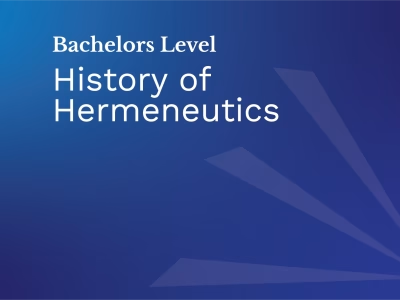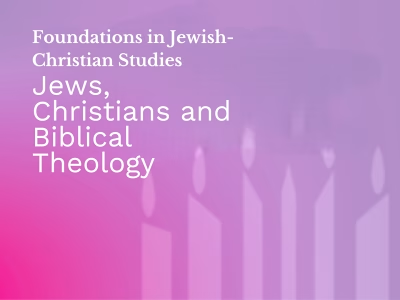This module offers an in-depth, research-led exploration of Global Evangelicalism, equipping students to engage critically with the movement’s historical development, diverse contemporary expressions, and key debates shaping the field. Through rigorous study of primary and secondary sources, students will investigate the philosophical, cultural, social, political, hermeneutical, and theological factors that have influenced Evangelicalism worldwide, gaining a systematic understanding of its origins, internal differences, and evolving global forms. Emphasis is placed on developing advanced analytic and research skills, enabling students to evaluate complex scholarly arguments, synthesise varied forms of evidence, and articulate original, confident contributions to current academic discussions within Evangelical studies and its related theological disciplines.
Aims
- To offer in-depth and focused teaching of advanced scholarship at the forefront of the discipline.
- To provide an intellectually challenging presentation of the diverse nature of Evangelicalism throughout the contemporary world and in history.
- To enable students to develop advanced skills in study and research as well as original and independent thought in engagement with primary and secondary sources
- To critically analyse and evaluate the major factors – whether philosophical, social, cultural, hermeneutical, ethical, theological, political or otherwise – that have shaped global Evangelicalism in historic and current expression.
Outcomes
- A critical and systematic understanding of historical and current approaches to the emergence and evolution of Evangelicalism, particularly with respect to contemporary academic debate
- A systematic knowledge of the historical origins of theological, denominational or ecclesiastical differences between Evangelicals.
- An in-depth understanding of the complexities and unique aspects of Evangelicalism as it relates to other fields of Theology.
- An ability to describe and discuss with confidence and originality current academic debates or issues in Evangelicalism.
- A capacity to identify, synthesise and analyse evidence of different types, showing an awareness of the distinctive features of viewpoint or evidence and the problems these raise.
Course Features
- Lectures 28
- Quiz 0
- Duration 52 weeks
- Skill level All levels
- Language English
- Students 0
- Certificate No
- Assessments Self
- 5 Sections
- 28 Lessons
- 52 Weeks
- Introduction and Assignment3
- Lectures14
- 2.1Introduction to Global Evangelicalism
- 2.2Evangelicalism 1 (Derek Tidball)1 Hour
- 2.3Evangelicalism 2 (Derek Tiball)1 Hour
- 2.4Evangelicalism 3 (Derek Tidball)1 Hour
- 2.5Evangelicalism 4 (Derek Tidball)1 Hour
- 2.6Understanding Christian Fundamentalism (Stephen Vantassel)30 Minutes
- 2.7Survery and Nature of Dispensationalism (Mark Sweetnam)45 Minutes
- 2.8Global Pentecostalism 1 (Amos Yong)42 Minutes
- 2.9Global Pentecostalism 2 (Amos Yong)35 Minutes
- 2.10Q & A with Dr Amos Yong51 Minutes
- 2.11The Nature of Christian-State Relations in the Holy Land38 Minutes
- 2.12Evangelicalism in Latin America44 Minutes
- 2.13Pre- and Post-Millennialism worked out44 Minutes
- 2.14Evangelicals and Politics (David Cowan)40 Minutes
- Slides6
- Reading Material4
- Additional Resources2






